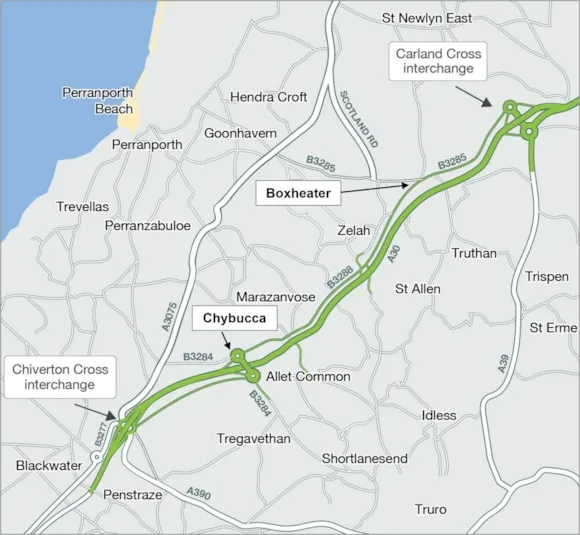The Hungarian government has unveiled its road development plans for the next 15 years. A new motorway is set to be built between Szolnok and Budapest. In addition, another motorway would be created between the Austrian border, Kormend, near Zalaegerszeg and Szombathely, Veszprem, Dunaujvaros, Kecskemet, and Szolnok. The motorway would be split into two directions towards Debrecen and Romania.
June 25, 2012
Read time: 1 min
The Hungarian government has unveiled its road development plans for the next 15 years.
A new motorway is set to be built between Szolnok and Budapest. In addition, another motorway would be created between the Austrian border, Kormend, near Zalaegerszeg and Szombathely, Veszprem, Dunaujvaros, Kecskemet, and Szolnok. The motorway would be split into two directions towards Debrecen and Romania. The M0 orbital is planned to be completed and a dual carriageway would also be built between Mohacs, Kaposvar, Nagykanizsa, Zalaegerszeg, Szombathely and Gyor.
A new motorway is set to be built between Szolnok and Budapest. In addition, another motorway would be created between the Austrian border, Kormend, near Zalaegerszeg and Szombathely, Veszprem, Dunaujvaros, Kecskemet, and Szolnok. The motorway would be split into two directions towards Debrecen and Romania. The M0 orbital is planned to be completed and a dual carriageway would also be built between Mohacs, Kaposvar, Nagykanizsa, Zalaegerszeg, Szombathely and Gyor.








